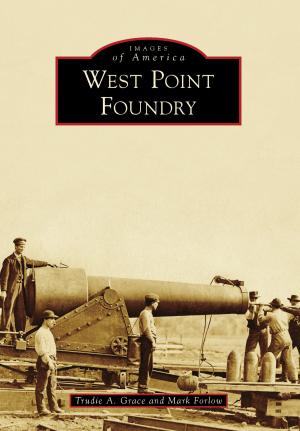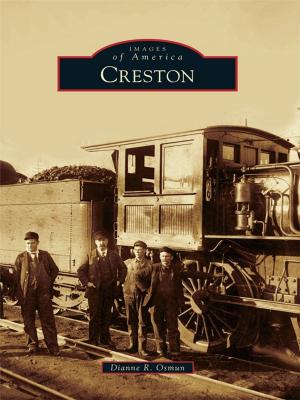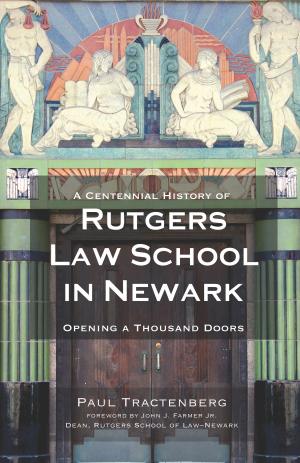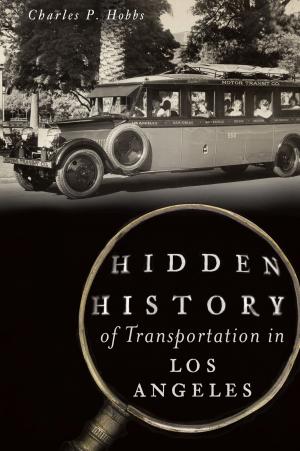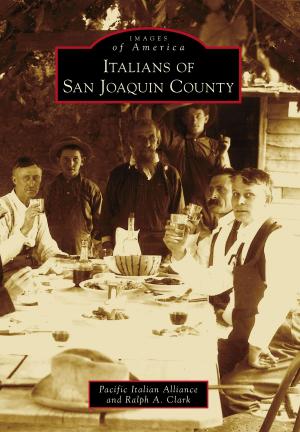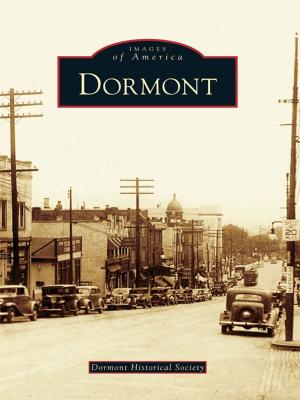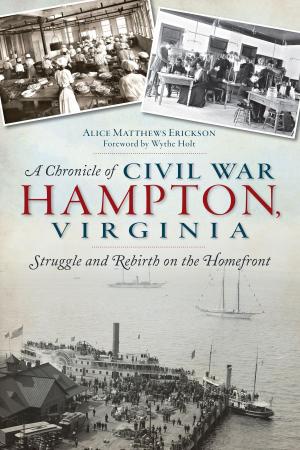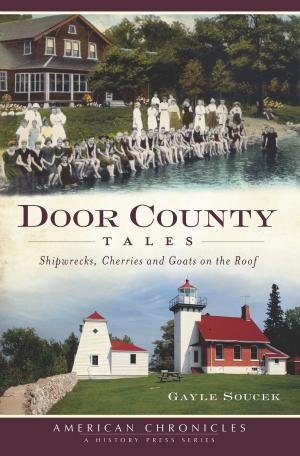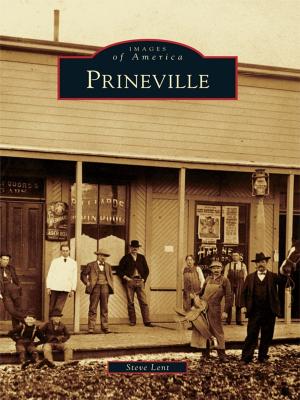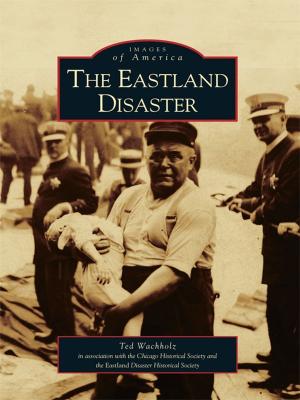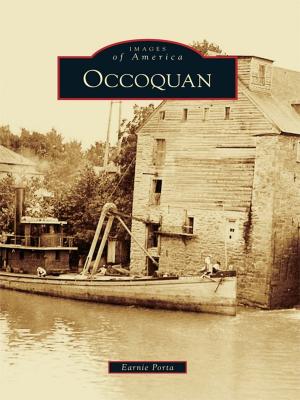Rockford Area Railroads
Nonfiction, Reference & Language, Transportation, Railroads, History, Art & Architecture, Photography, Pictorials, Travel| Author: | Mike Schafer | ISBN: | 9781439641002 |
| Publisher: | Arcadia Publishing Inc. | Publication: | October 25, 2010 |
| Imprint: | Arcadia Publishing | Language: | English |
| Author: | Mike Schafer |
| ISBN: | 9781439641002 |
| Publisher: | Arcadia Publishing Inc. |
| Publication: | October 25, 2010 |
| Imprint: | Arcadia Publishing |
| Language: | English |
Railroads were key to Rockford�s rise as a thriving manufacturing and commercial center. With an area population of over 200,000 residents and a reputation for manufactured goods, Rockford had a critical need for railroads into the bust years of the 1970s. Eventually four railroads rose to prominence in Rockford, all of them Class 1 carriers: the Chicago and North Western; Chicago, Burlington, and Quincy; the Chicago, Milwaukee, St. Pau,l and Pacific (the Milwaukee Road); and Illinois Central. For nearly a century, these four roads�all of them esteemed Midwestern railroads�carried the bulk of freight and passengers arriving and departing Rockford, Davis Junction, and Loves Park by rail. Two other smaller railways, the Chicago, Milwaukee, and Gary and the Rockford and Interurban, also played a part in Rockford�s railroad history and are spotlighted in this volume.
Railroads were key to Rockford�s rise as a thriving manufacturing and commercial center. With an area population of over 200,000 residents and a reputation for manufactured goods, Rockford had a critical need for railroads into the bust years of the 1970s. Eventually four railroads rose to prominence in Rockford, all of them Class 1 carriers: the Chicago and North Western; Chicago, Burlington, and Quincy; the Chicago, Milwaukee, St. Pau,l and Pacific (the Milwaukee Road); and Illinois Central. For nearly a century, these four roads�all of them esteemed Midwestern railroads�carried the bulk of freight and passengers arriving and departing Rockford, Davis Junction, and Loves Park by rail. Two other smaller railways, the Chicago, Milwaukee, and Gary and the Rockford and Interurban, also played a part in Rockford�s railroad history and are spotlighted in this volume.

